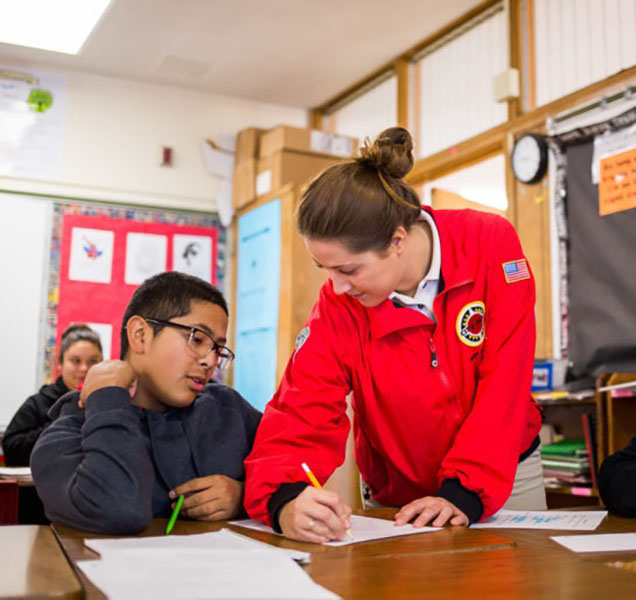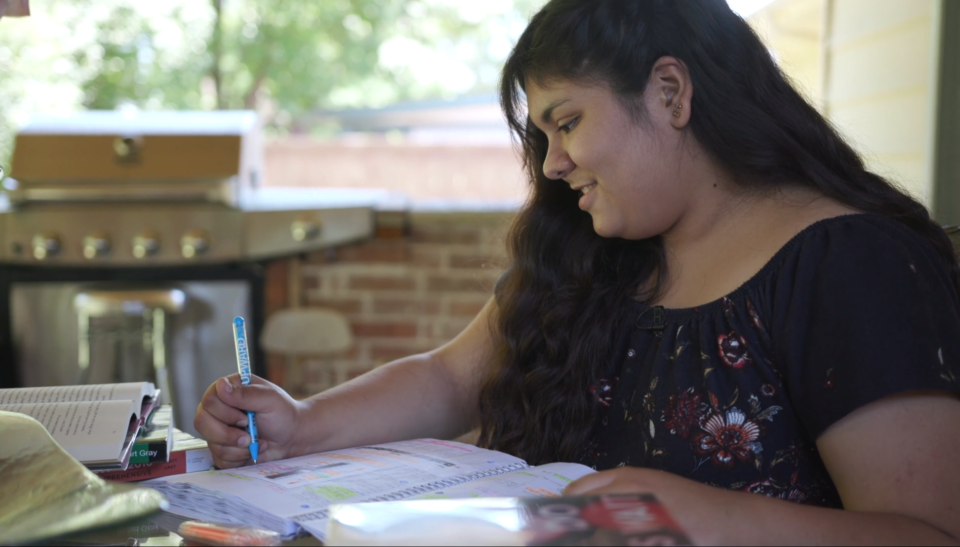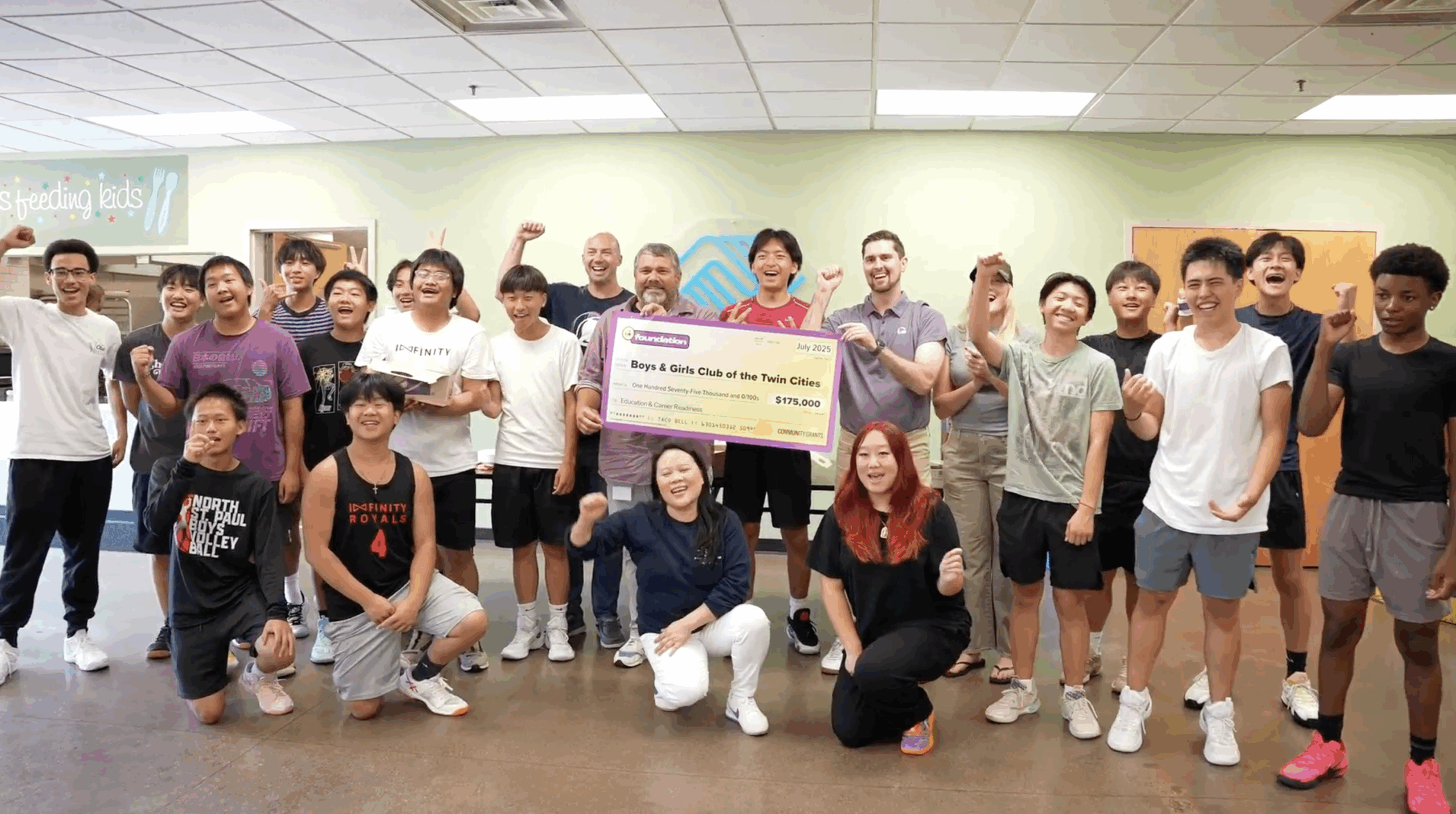
Community Grants
Supporting nonprofit organizations.
Charitable Partners
Through the Community Grants Program, the Taco Bell Foundation supports the work of incredible charities championing youth in the communities where Taco Bell serves. We support over 500 nonprofit organizations that provide direct services for youth academic success, mentorship, college and career exploration and readiness, financial literacy, entrepreneurship, 21st-century skills, and socio-emotional well-being. Our partners help uplift and empower at-risk, underperforming, and underrepresented youth. The Taco Bell Foundation facilitates community building and connection on a local level by joining forces with Taco Bell Team Members and Franchise Owners to fuel the work of local charities.
Boys & Girls Clubs
For more than 160 years, Boys & Girls Clubs have fostered hope and opportunity by cultivating the potential in every young person. More than 5,400 Clubs offer homework help, career readiness and programs such as arts, sports and financial literacy — all in safe and nurturing environments – impacting millions of youth. Since 1992, the Taco Bell Foundation has granted nearly $60M to more than 300 Clubs across the country supporting programs like Youth of the Year and Keystone Clubs.
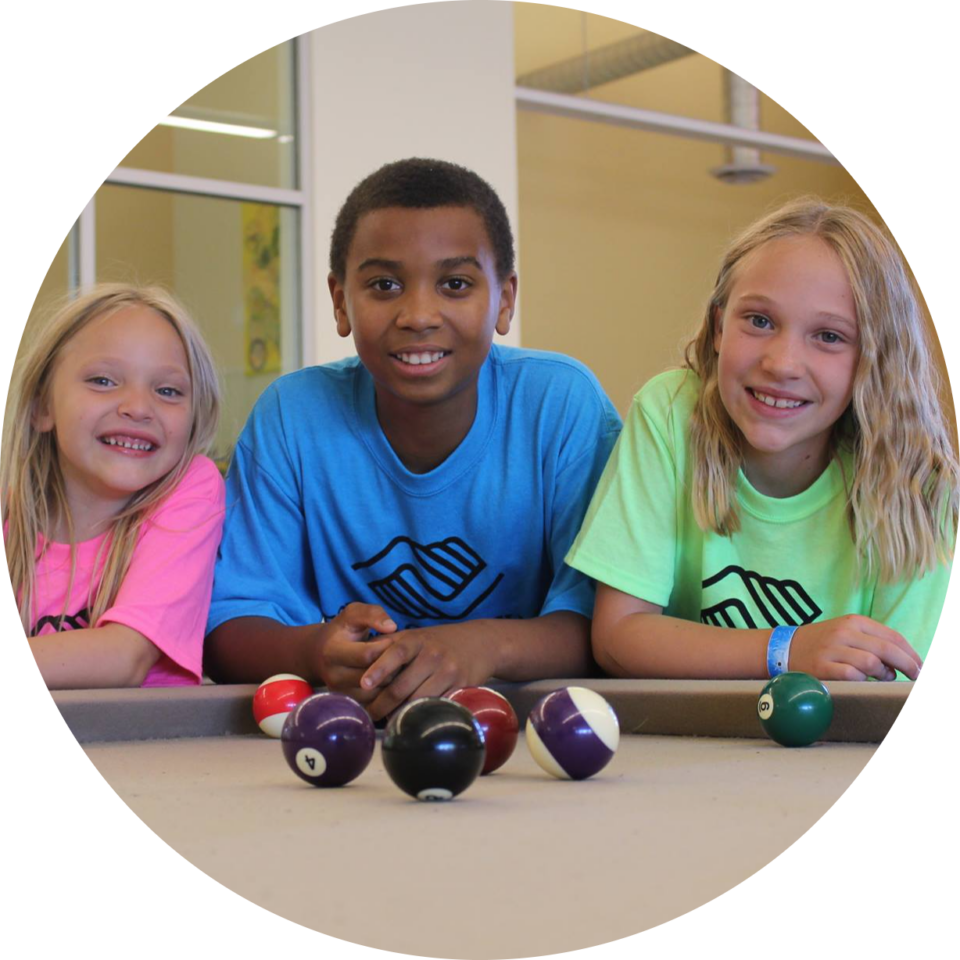
City Year
City Year AmeriCorps members serve a year in systemically under-resourced schools across 29 U.S. cities. They help students engage with their learning, develop their potential, and master skills that prepare them for success in college and career. In 2021, Taco Bell Foundation provided nearly $800,000 to 23 City Year sites across the country to impact approximately 11,400 students and 230 City Year AmeriCorps members.
College Advising Corps
College Advising Corps aims to increase the number of low-income, first-generation and underrepresented students who enter and complete higher education. College Advising Corps works with partner institutions and places recent graduates as full-time college advisers in underserved high schools across the nation. Advisers assist students toward becoming college bound, and in the process, deliver personalized, knowledgeable guidance on college admission, financial aid, and enrollment.
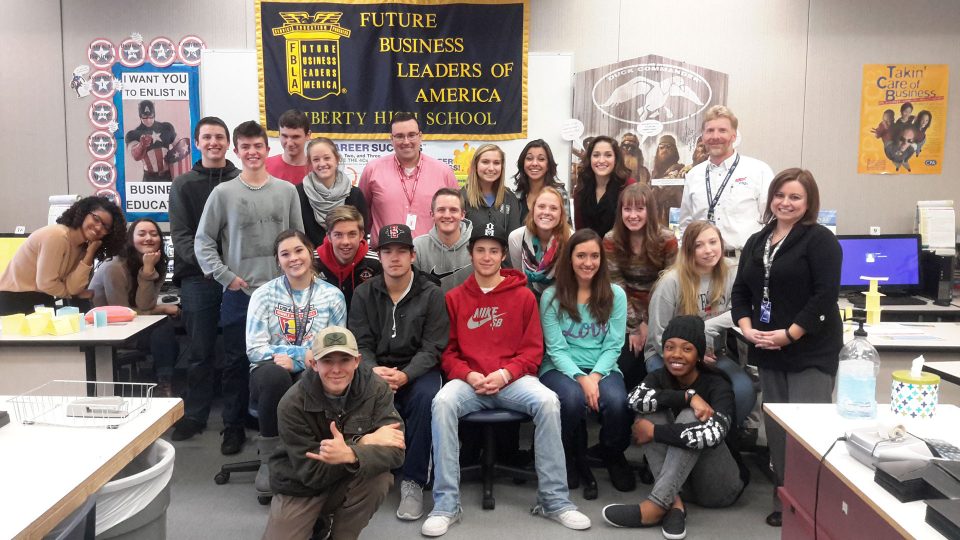
Junior Achievement
In 2021, the Taco Bell Foundation provided $1.4M to 52 Junior Achievement sites across the country to support high school programs that help nearly 30,000 students make informed, intelligent decisions about their future, and foster skills that will be highly useful in the business world.
Notes for Notes
N4N provides access to high quality, recording studio environments, but more importantly, access to positive and encouraging relationships to over 8,500 youth in 30 studios across 13 states/16 cities. Located inside Boys & Girls Clubs/ youth facilities and public schools, N4N Studios are gateways to exploring music, careers in the industry and producing original music that empowers young musicians to realize their identity.

Grant FAQ
Each year, grants and scholarships are given in and around communities where Taco Bell® does business. These efforts are made possible with generous donations from Taco Bell Franchise owners, Taco Bell vendors, Taco Bell consumers and Taco Bell fans. Grants from the Taco Bell Foundation are distributed through an invitation-only application process.
Since the Taco Bell Foundation follows an invitation-only application process, how do you identify potential grantees?
We seek out organizations that are aligned with our mission and values. Their programming focuses on: post-secondary education development/readiness, career development/readiness, leadership development/readiness and/or mentorship.
Why doesn’t the Taco Bell Foundation accept proposals?
The Taco Bell Foundation reviews and considers key partners, funding history, available funds, known community needs and preferences, and opportunities for long-term partnerships when selecting local charities. Unfortunately, we don’t have the resources to review unsolicited materials. While we would like to partner with all nonprofit organizations, we are unable to do so at this time.
What types of organizations does the Taco Bell Foundation fund?
We support tax-exempt 501(c)(3) IRS approved nonprofit organizations that empower youth (primarily ages 16-26) to discover and pursue their career and educational pathways. Examples include, but are not limited to: financial literacy workshops, mentorship and job skill experiences, creative and social innovation experiences, and college readiness programming, creative and social innovation experiences, and direct financial assistance.

